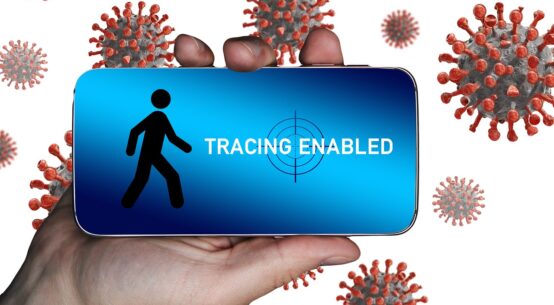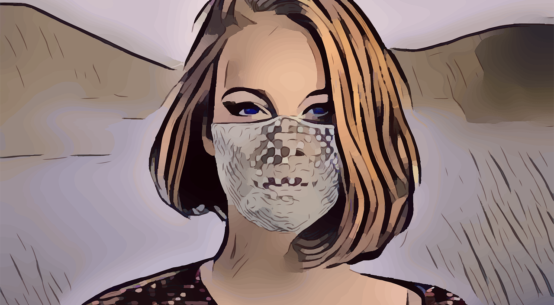
Auckland – Director-general of health Dr Ashley Bloomfield says covid-19 community transmission is now inevitable and Kiwi families should start stocking up on their own personal supplies of masks.
Pharmaceutical scientist and medical device expert Sir Ray Avery says Bloomfield is 100 percent correct but it is important that people buy the correct masks.
There is a huge amount of misinformation regarding the best masks to use for prevention of community transmission of pathogenic diseases such as covid, he says.
Avery’s advice is based on more than 30 years’ experience in reducing hospital Acquired Infections and the manufacture of implantable medical devices free from microbiological contamination. He has carried out testing in Singapore, Eritrea and Nepal hospitals.
“Firstly, there is the belief covid is only transmitted via aerosol droplet formulation, but this is not true,” he says.
“In confined spaces covid can be airborne for distances far greater than two metres so having the right mask is imperative to protect people and their families from infection.
“The most common masks people use are cheap surgical masks which are designed to prevent the wearer from spreading their own bio-burden bacteria to others via droplet formation.
“However, the problem with these masks is they don’t seal around the face and exhaled air contaminated with covid can escape around the edges of the mask infecting someone in the immediate environment with covid.
“Also, surgical masks don’t filter out airborne bacteria, yeasts, moulds and viruses so wearing a surgical mask won’t protect people from getting covid-19.
The gold standard for the prevention of covid transmission is the N95 NIOSH approved respirator mask which is universally used by all frontline covid medical staff globally.
“The important wording to look for when buying a mask to prevent contracting covid is a NIOSH approved N95 mask.
“Its certification is given only to manufacturers who demonstrate their masks filter out bacteria and viruses and are free from harmful chemicals and bacteria and most importantly provide a good face fit seal.
“If the mask does not seal well around the face then it is about as useful as using a condom with holes in it.
“In New Zealand, there has been a plethora of mask manufacturers popping up making masks locally but many that we have tested don’t have a good face fit and have no protection from contracting or spreading covid-19.
“If people want protection from covid and help protect New Zealand’s team of five million, we must all buy a NIOSH approved N95 mask and put it on.
“There will be an aluminium band around the nose area so press this hard against the nose and face then cup the hands around the mask and blow hard into the mask.
“If the mask is not fitted correctly, air can be felt coming out, usually around the upper part of the mask so then reposition the mask until the seal is right, which will provide protection against covid infection via airborne transmission and will also protecting others close by.
“The average person produces between 10 and 30 million bacteria per hour in a closed room environment so: wear a mask and be a good Kiwi,” he says.
For further information contact Make Lemonade editor-in-chief Kip Brook on 027 030188



